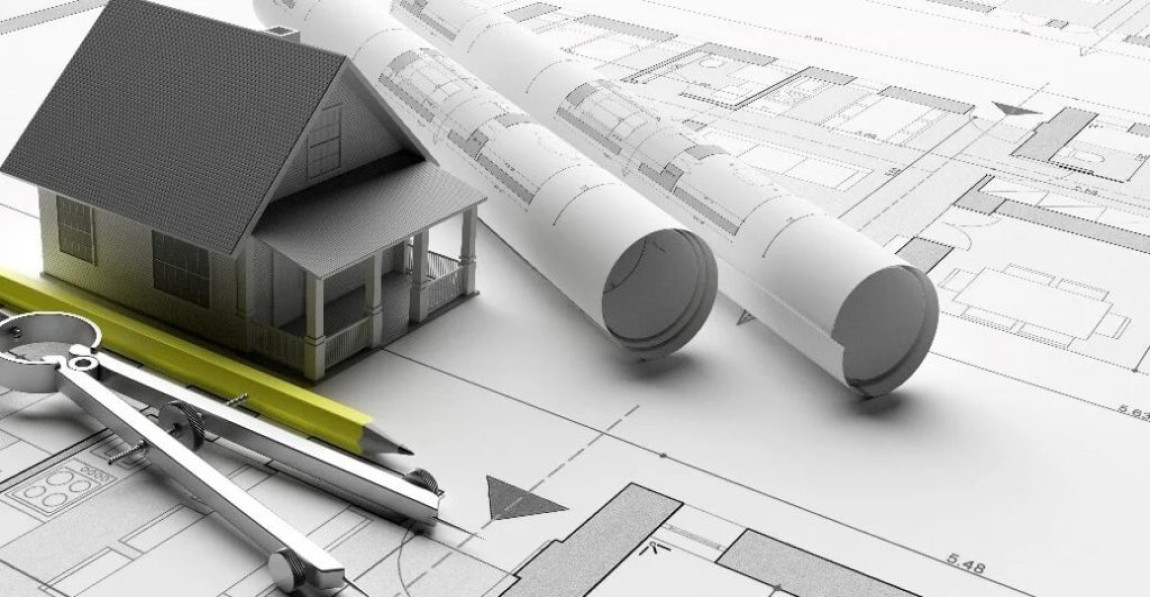Transforming AEC Services: The Role of Consulting Engineers
Transforming AEC Services: The Role of Consulting Engineers
Introduction:
In the ever-evolving landscape of Architecture, Engineering, and Construction (AEC) services, the role of consulting engineers stands out as pivotal. These professionals bring a unique blend of technical expertise, innovation, and strategic thinking to the table, shaping the way projects are conceived, designed, and executed. In this blog post, we delve into the multifaceted world of AEC consulting services, exploring their significance, key trends, and future directions.
The Importance of Consulting Engineers in AEC Services:
Consulting engineers play a crucial role across various stages of AEC projects, from initial planning and feasibility studies to design, construction oversight, and post-construction evaluation. Their involvement ensures that projects are not only technically sound but also aligned with client objectives, regulatory requirements, and sustainability goals. By offering specialized knowledge and insights, consulting engineers help optimize project outcomes while mitigating risks and challenges.
Key Services Offered by Consulting Engineers:
Feasibility Studies and Site Assessment:
Consulting engineers assess the viability of proposed projects, considering factors such as site conditions, environmental impact, and regulatory compliance. Through comprehensive feasibility studies, they help clients make informed decisions regarding project feasibility and potential challenges.
Conceptual Design and Engineering:
From conceptualization to detailed design, consulting engineers collaborate with architects and other stakeholders to translate ideas into viable engineering solutions. By leveraging advanced modelling tools and simulation techniques, they optimize designs for performance, efficiency, and cost-effectiveness.
Structural and MEP Engineering:
Consulting engineers provide expertise in structural analysis, ensuring that buildings and infrastructure are safe, durable, and resilient to various loads and environmental conditions. Additionally, they design Mechanical, Electrical, and Plumbing (MEP) systems that meet functional requirements while minimizing energy consumption and environmental impact.
Construction Management and Quality Assurance:
During the construction phase, consulting engineers oversee project implementation, monitoring progress, quality, and compliance with design specifications. Their on-site presence and technical expertise help address unforeseen challenges promptly, minimizing disruptions and ensuring timely project delivery.
Sustainable Design and Green Building Certification:
With growing emphasis on sustainability, consulting engineers play a vital role in integrating green design principles and technologies into AEC projects. They assess environmental impacts, recommend sustainable strategies, and facilitate certification processes such as LEED (Leadership in Energy and Environmental Design) to enhance the environmental performance of buildings and infrastructure.
Emerging Trends and Future Directions:
Digital Transformation:
The AEC industry is witnessing a paradigm shift towards digitalization, with technologies such as Building Information Modelling (BIM), augmented reality (AR), and drone-based surveys revolutionizing project workflows and collaboration. Consulting engineers are at the forefront of this transformation, harnessing digital tools to streamline design, optimize construction processes, and improve project outcomes.
Resilience and Risk Management:
In the face of climate change and increasing natural disasters, resilience has become a critical consideration in AEC projects. Consulting engineers are integrating resilience principles into design and planning, ensuring that infrastructure is robust and adaptive to changing environmental conditions.
Embrace of Advanced Materials and Construction Techniques:
Advances in materials science and construction techniques are opening new possibilities for innovative design and construction. Consulting engineers are exploring the use of sustainable materials, prefabrication, and modular construction to enhance efficiency, reduce waste, and accelerate project delivery.
Consulting engineers play a pivotal role in shaping the future of AEC services, driving innovation, and delivering value to clients and communities alike. As the industry continues to evolve, consulting engineers will remain indispensable partners, leveraging their expertise and creativity to tackle complex challenges and create sustainable, resilient built environments for generations to come.

